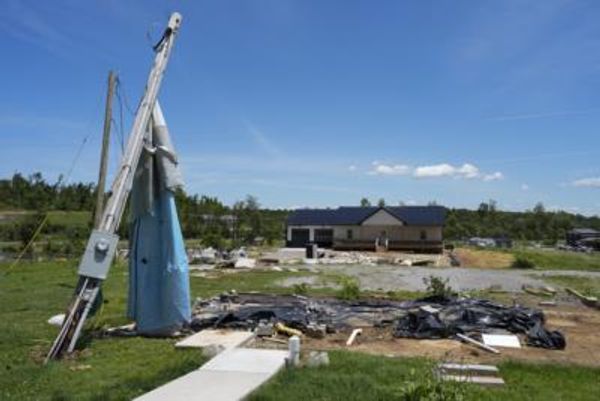For more than a year ACT Justice and Community Services was aware of the glitch in Crimes Act legislation which would give sex predators in the territory access to shorter sentences but nothing was done to remedy the issue.

JACS confirmed in a statement that it was made aware of the legislative issue in 2022 by the ACT Director of Public Prosecutions.
Bipartisan political support would have been required to amend the legislation but as nothing was done, victim-survivors like Canberra's Elizabeth Hall now face the prospect of their perpetrator, convicted paedophile Stephen Mitchell, potentially winning on appeal and serving only around half the time in jail.
Mitchell has been granted leave to appeal his 13 years and five months sentence from May last year, with a directions hearing on the case due to be heard in court on May 8.
All six victim-survivors were between the ages of 11 and 16 when they were subjected to sexual predation by the manipulative Mitchell, who devised a role as a rock climbing coach and Police and Citizens Youth Club instructor to gain trusted access to the girls, groom them, and carry out his persistent offending.

The Holt man preyed on the victims between 1994 and 2008, committing sexual offences against them in the ACT, NSW and overseas.
However, well before he was sentenced there was a period of some 14 months in which the ACT government knew there were grave implications for cases like that of Mitchell's - specifically relating to those in which offences took place between December 1991 to March 2018 - arising from a previous 2022 Supreme Court appeal ruling.
Yet not only was action not taken to correct the issue through legislation, but no effort was made to connect with vulnerable victim-survivors to explain how this ruling may play out for them.
Now after enduring a long and very emotionally fraught case in which Mitchell originally pleaded not guilty, then changed his plea when it appeared the case against him was compelling, victims say they are being re-traumatised by the ACT government's botched handling of the matter, and their rights are being subsumed by those of their offender.
The JACS statement says that the issues raised in the prior case "engage fundamental principles of criminal law and intersect with human rights law".
"So far as it is possible to do so consistently with its purpose, a territory law must be interpreted in a way that is compatible with human rights, and the ACT Legislative Assembly strives to make laws which are compatible with human rights," the directorate statement said.
The directorate - which is now replying to media enquiries given the potential for political fallout over this issue during an election year - said it was "inaccurate to characterise that [previous] decision as identifying a legislative loophole".
The only hope left for the victims that Mitchell serves out his full original sentence is that on appeal, the judge exercises discretion and provides a sentence for each charge against him, with time to be served consecutively.







